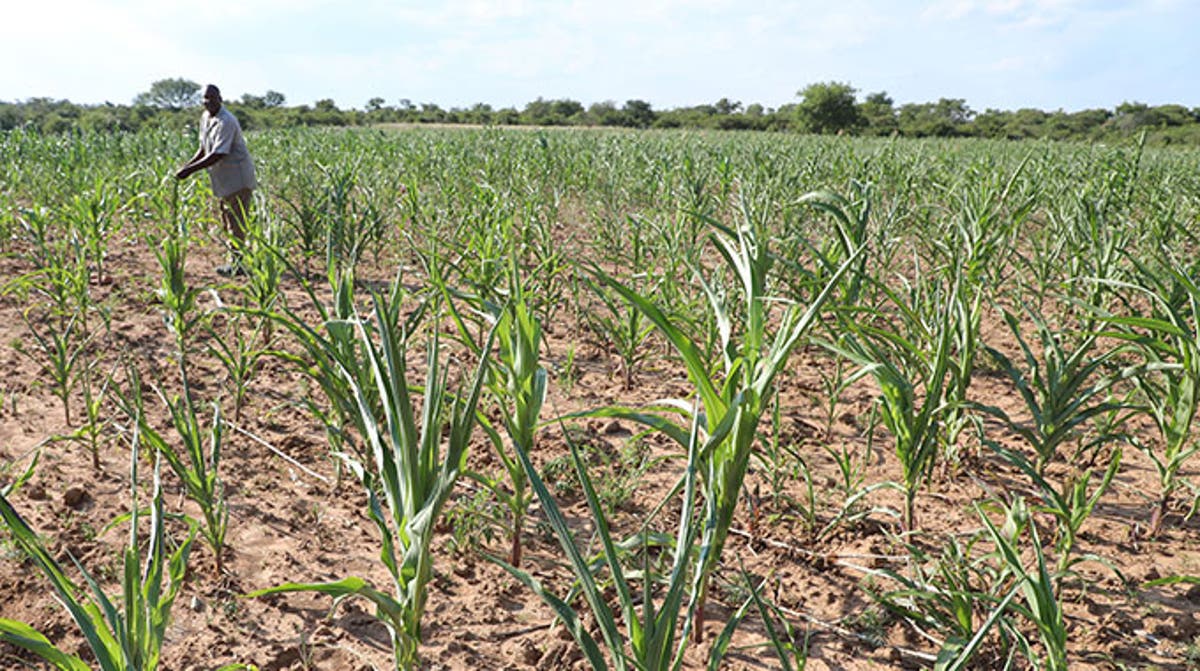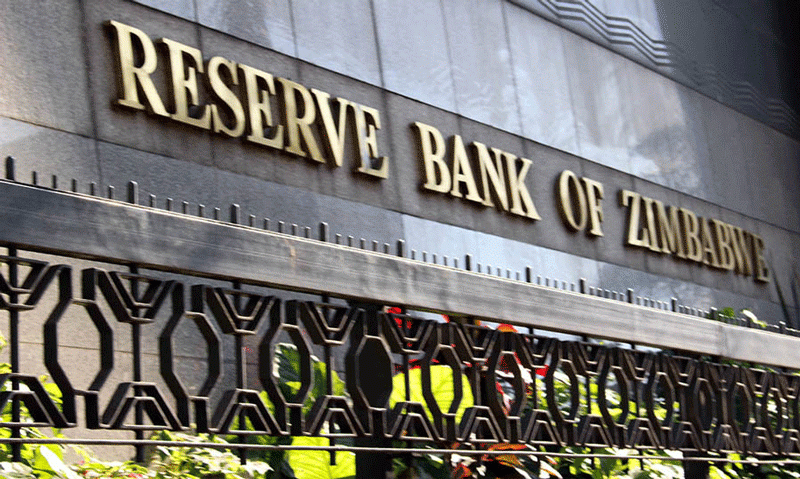
By Brian Chitemba THE world is battling a myriad of challenges. Covid-19 has for the past two years had disastrous consequences on business and human life. Armed conflicts in some parts of Africa and currently the Russian-Ukrainian war disturb world peace.
But in Zimbabwe and most importantly across Africa, changing weather patterns are worrying. The dry spell is fast wilting crops, especially maize, posing a potential food security disaster. Maize forms the staple diet for the majority of Zimbabwe’s population; hence it is a strategic crop.
Farmer organisations such as the Zimbabwe Commercial Farmers Union and the Zimbabwe Farmers Union (ZFU) painted a gloomy picture of expected reduced yields due to a prolonged dry spell.
Even the Tobacco Farmers Union of Zimbabwe is having sleepless nights over the impact of a low rainfall on the golden leaf. Tobacco is Zimbabwe’s second biggest foreign currency earner with an over US$1 billion contribution, annually. It trails gold and other minerals which rake in close to US$4 billion. But Zimbabwe’s economy is agro-based, hence extreme weather conditions such as drought and floods have over-arching results as agriculture contributes about 17% to the gross domestic product (GDP). The sector employs and provides income for between 60-70% of the estimated 14 million population and supplies 60% of raw materials to the industrial sector. This shows the critical role of agriculture to livelihoods; and justifies a case for urgent attention to the vagaries of climate change.
A quick adaptation and use of modern technology in agriculture is paramount. More irrigation facilities and advanced equipment are needed to avert the adverse effects of droughts.
Zimbabwe could draw sufficient lessons from Israel’s “high productivity with limited resources” approach through use of advanced technologies in farming.
Israel lacks arable land and fresh water but it has a booming agriculture sector. We could learn more and implement to increase food sufficiency. Another area affected by the release greenhouse gases – coal emissions, which cause the earth to become warmer and low rainfall, is the energy sector.
It is time Zimbabwe rapidly moves to clean energy such as solar and cut on coal power stations. While close to 100 independent power producers (IPPs) have been licenced by the Zimbabwe Energy Regulatory Authority (Zera) with a capacity to produce 7 000 megawatts, most of these companies do not have the capacity to implement the capital intensive projects with only less than 150MW being produced.
- Chamisa under fire over US$120K donation
- Mavhunga puts DeMbare into Chibuku quarterfinals
- Pension funds bet on Cabora Bassa oilfields
- Councils defy govt fire tender directive
Keep Reading
Zera is giving out licences to incapable IPPs while those with the technology and capacity are frustrated by red tape in various government departments, which unnecessarily delay issuing land for solar farms, among other challenges.
President Emmerson Mnangagwa’s administration should probe how clean energy projects are frustrated by incompetent civil servants, if the government is serious about addressing climate change headaches.











